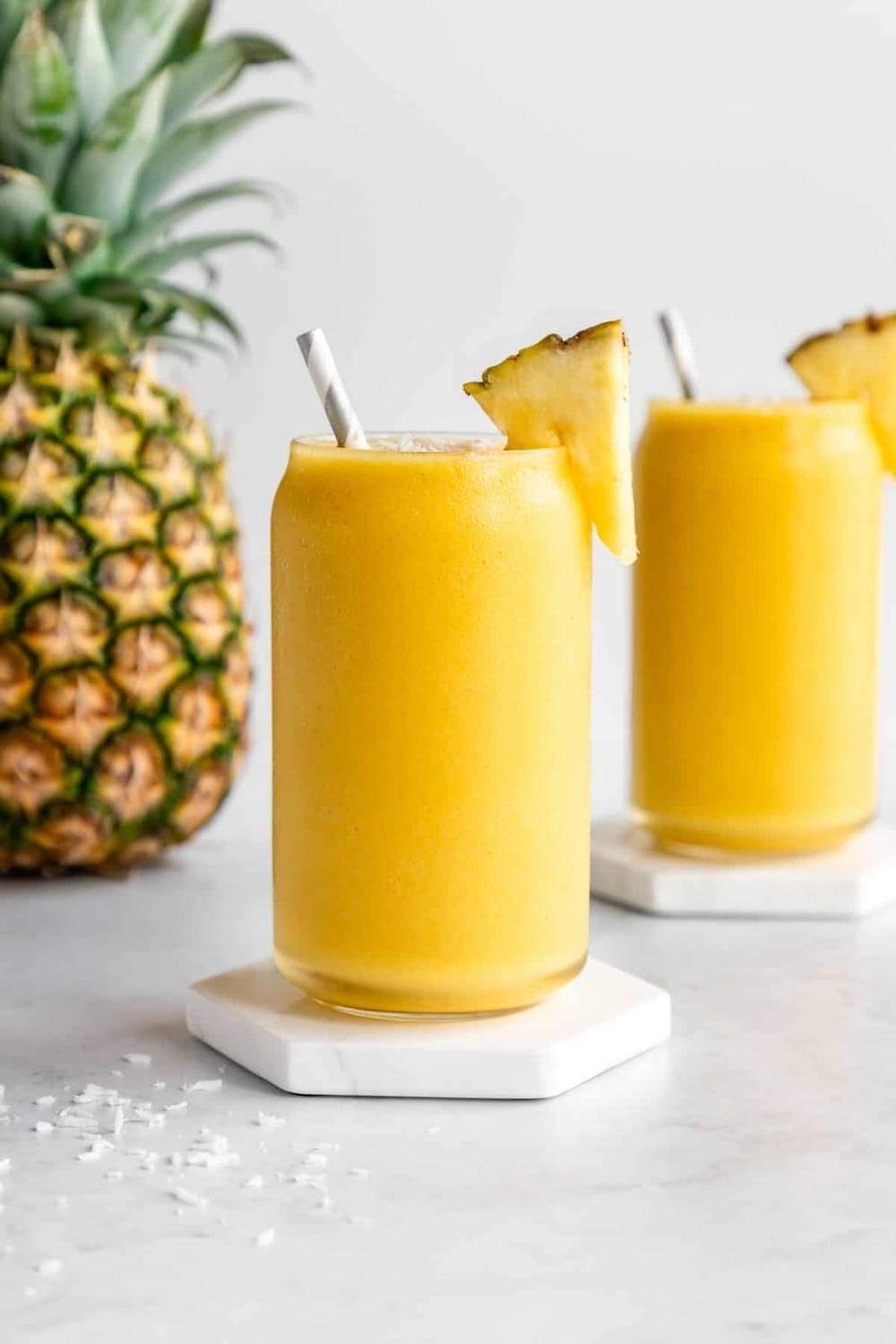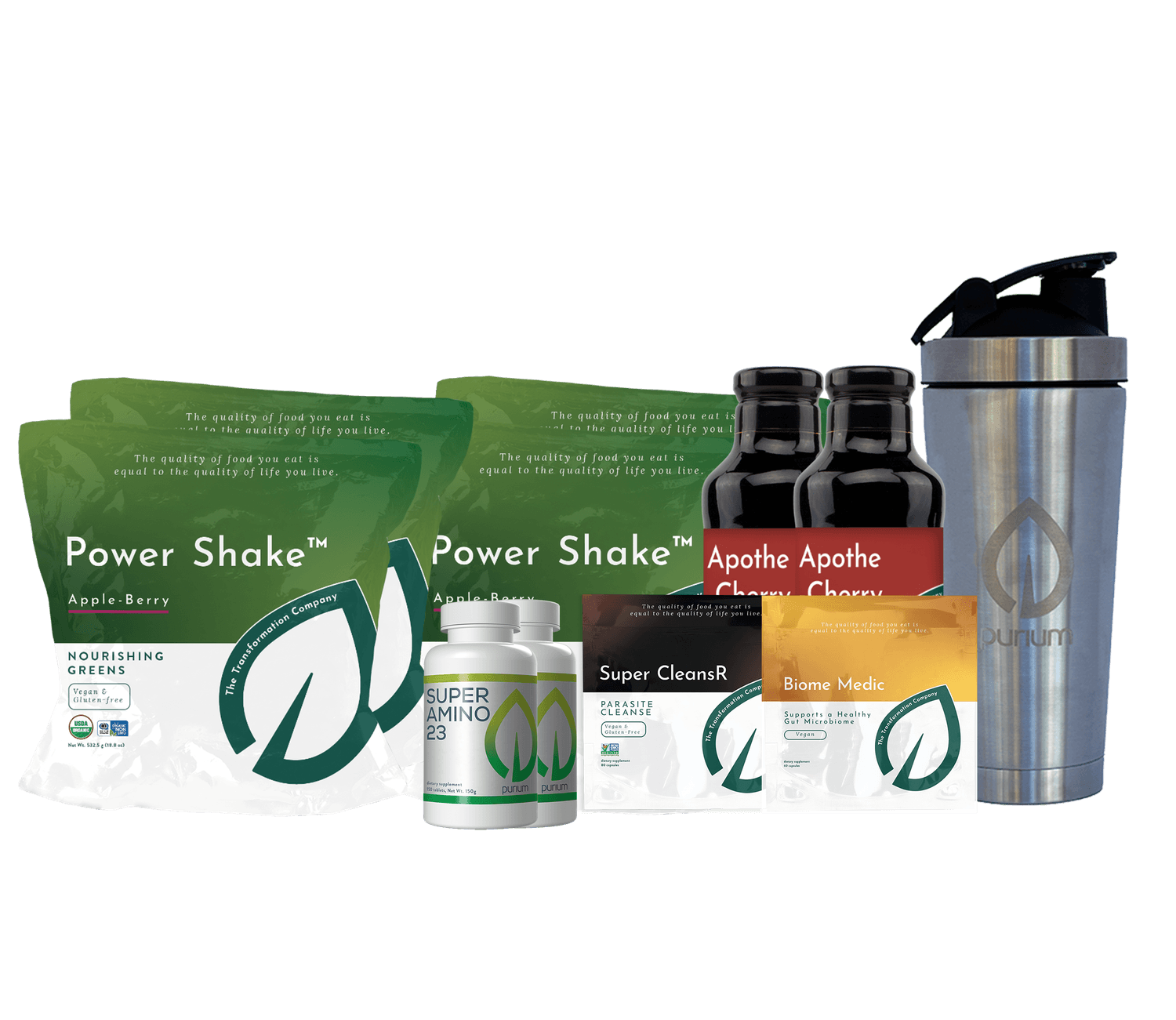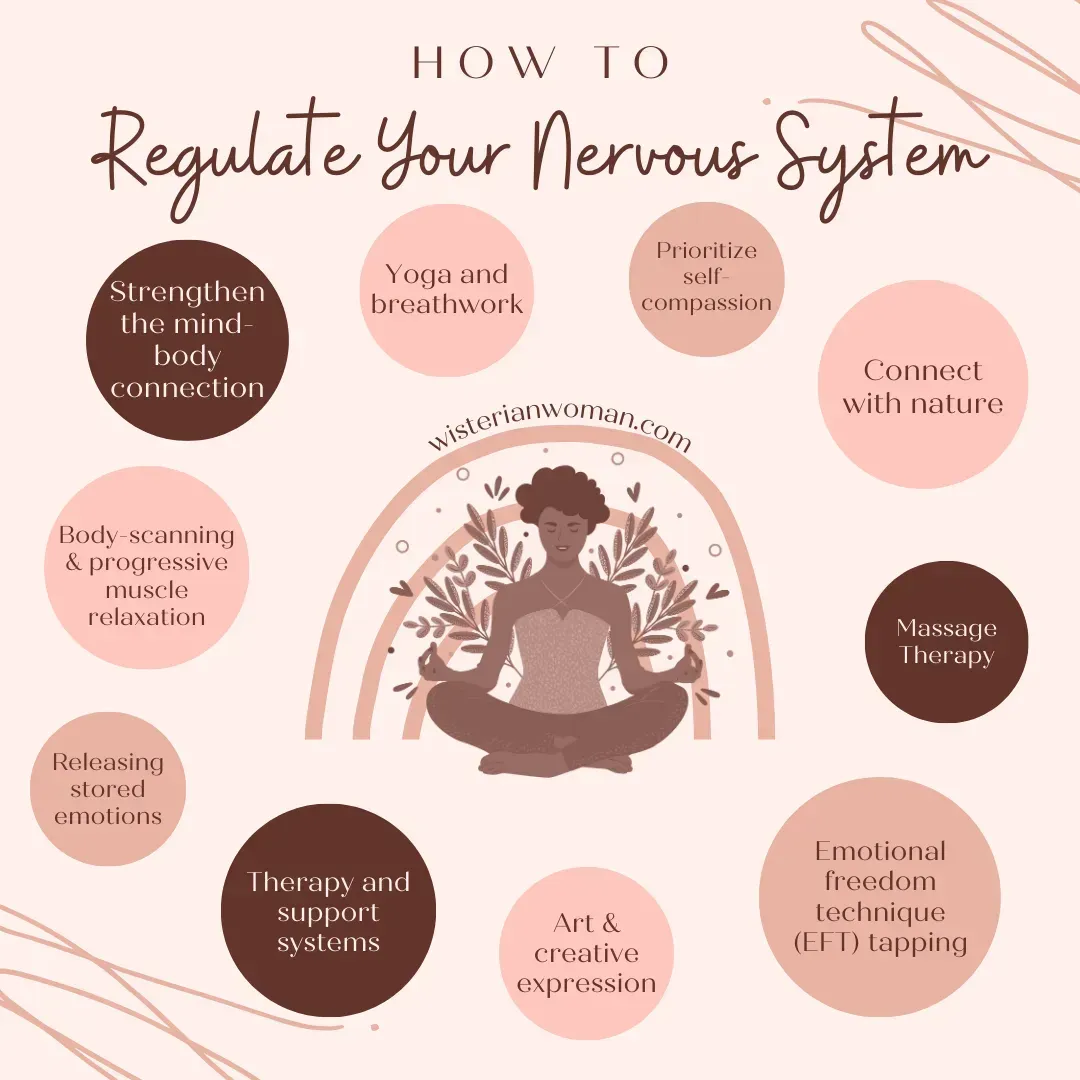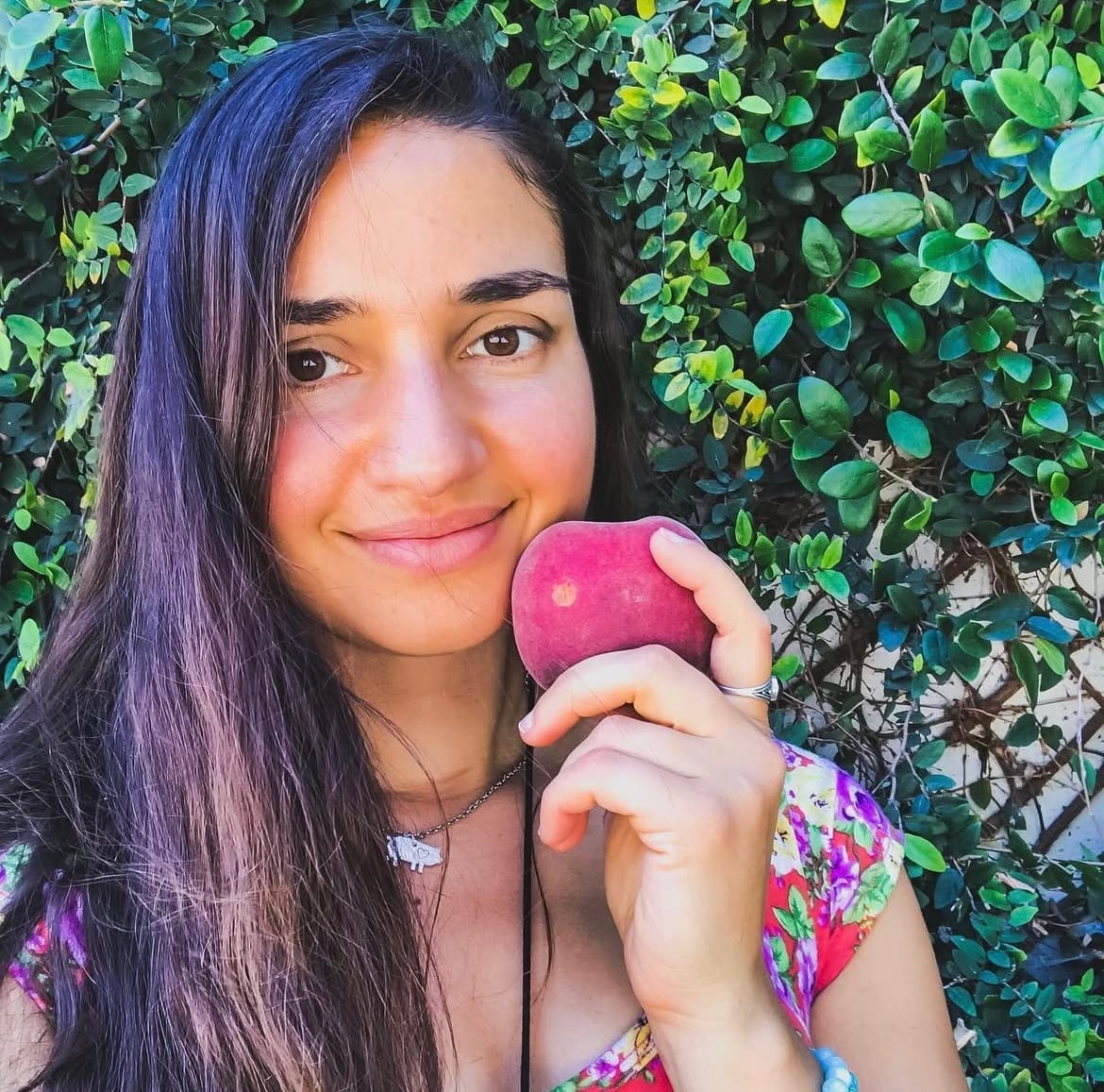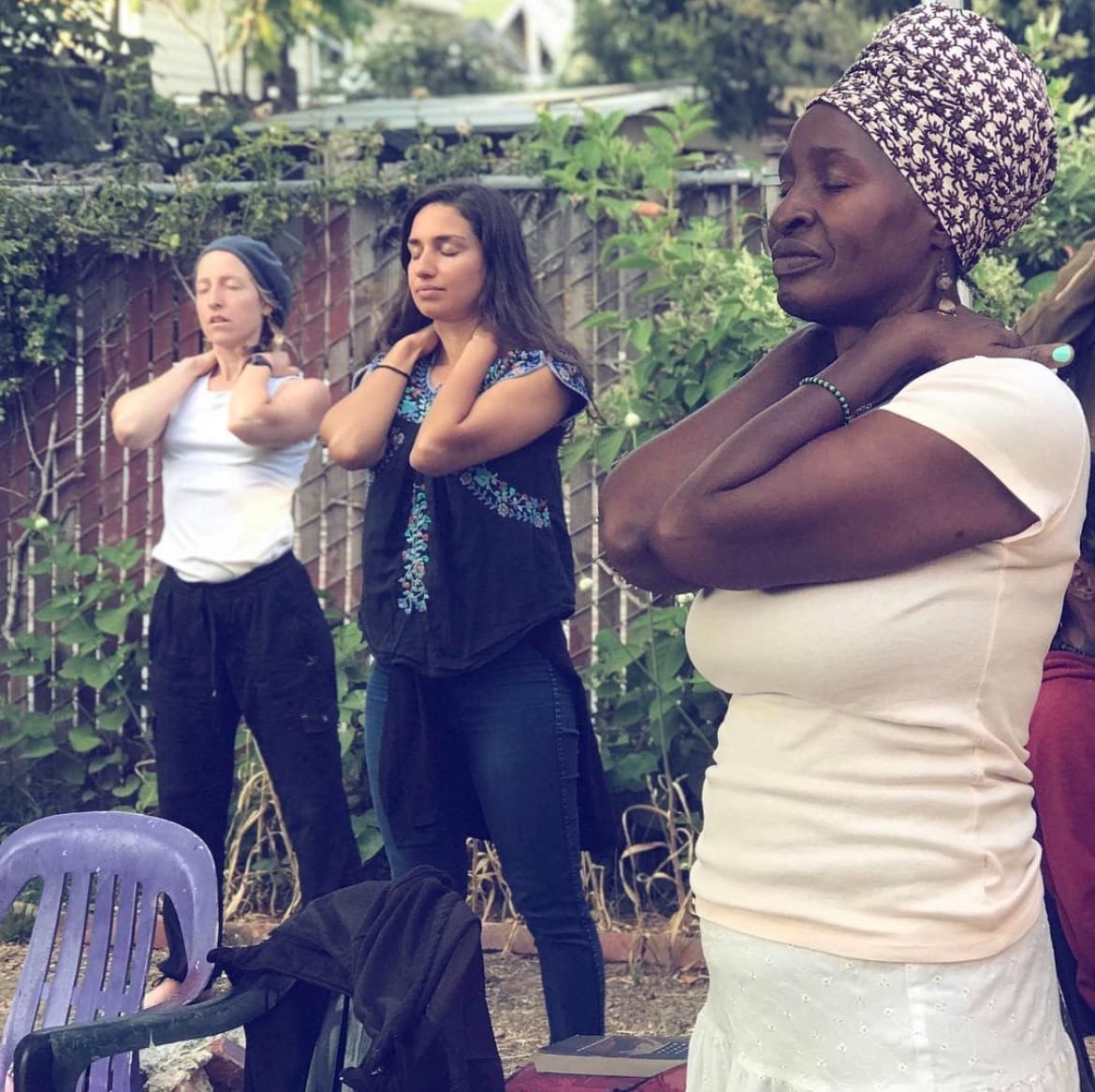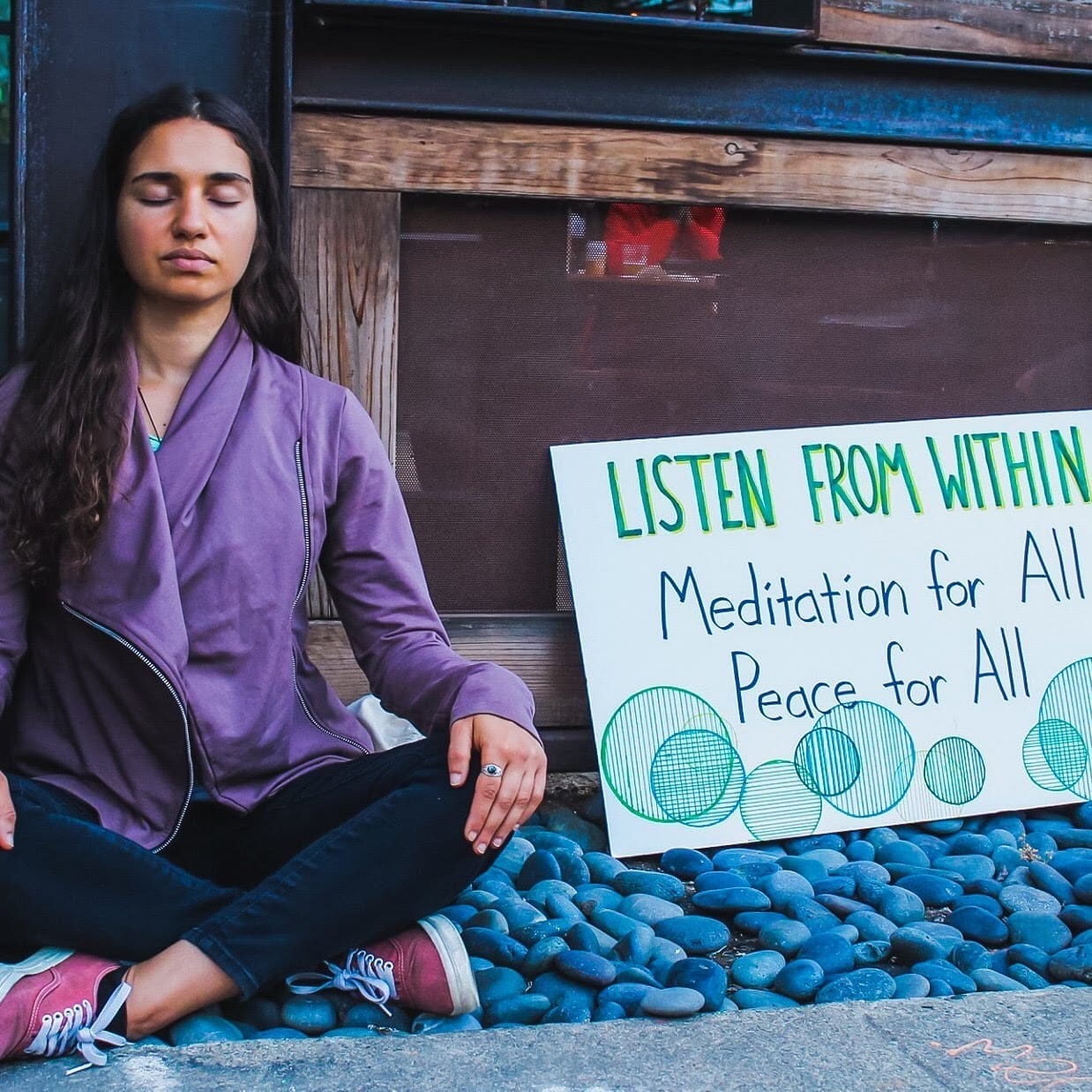
How do you know if you are dehydrated?
Dehydration occurs when the body loses more fluids than it takes in, leading to a depletion of water and electrolytes.
Causes:
Insufficient fluid intake
Excessive sweating (e.g., during exercise, hot weather)
Diarrhea
Vomiting
Fever
Certain medications (e.g., diuretics)
Diabetes
Symptoms:
Thirst
Dry mouth and throat
Fatigue
Headache
Dizziness
Lightheadedness
Confusion
Decreased urine output
Dark-colored urine
Increased heart rate
Rapid breathing
Decreased coordination
Hunger can often be a sign of dehydration
Side effects of dehydration
headaches
stress
back pain
weight gain
high blood pressure
allergies
Treatment:
Drink plenty of fluids, such as water, electrolyte solutions, or juice.
If severe, seek medical attention immediately for intravenous fluids.
In mild cases, home remedies include:
Sipping small amounts of fluids frequently
Eating foods with high water content (e.g., fruits, vegetables, soups)
Avoiding caffeine and alcohol, which can worsen dehydration
Prevention:
Drink plenty of fluids throughout the day, even when you don't feel thirsty.
Pay attention to your fluid intake during hot weather or exercise.
Avoid excessive caffeine and alcohol consumption.
Treat underlying conditions that can lead to dehydration, such as diabetes.
How much water is optimal to drink?
- typically 64 oz a day: opt for getting a lot of water through juicy fruits-the best water for the body
-drink coconut water
- do not drink ice cold water (it isn't the best for digestion)
- drink water 30 minutes before and after a meal, do not mix water with eating
- drink lemon water first thing in the morning


